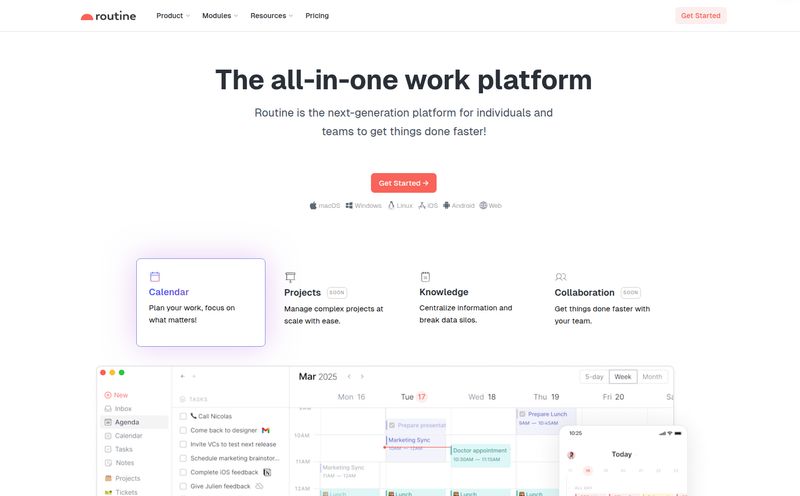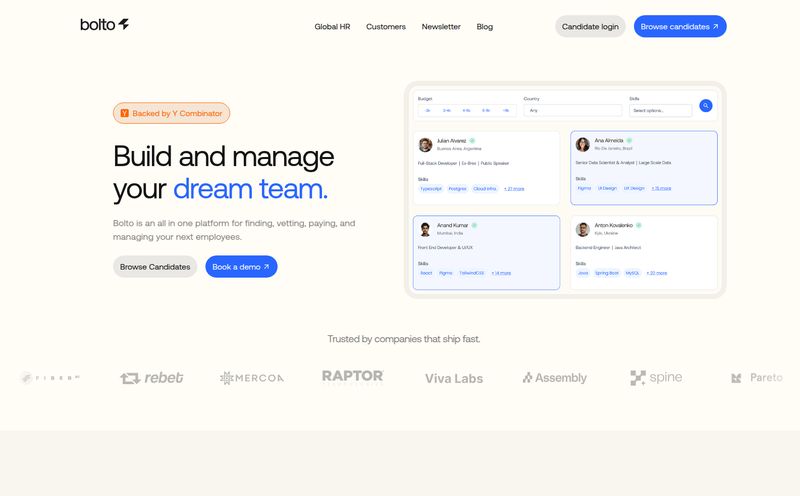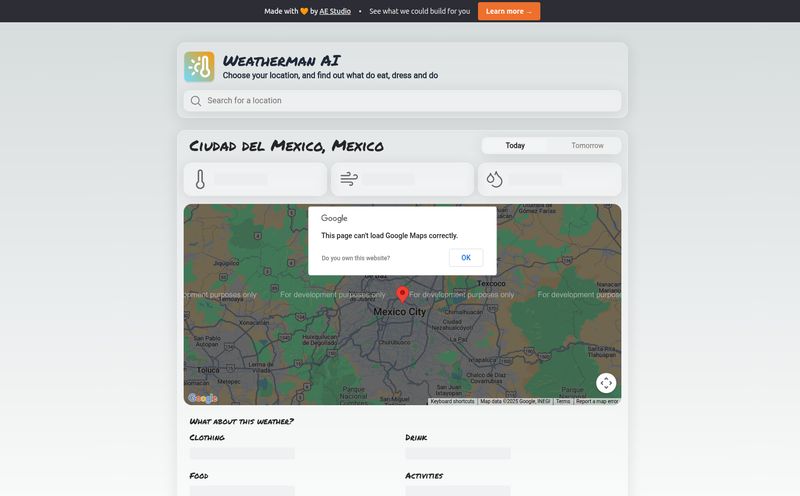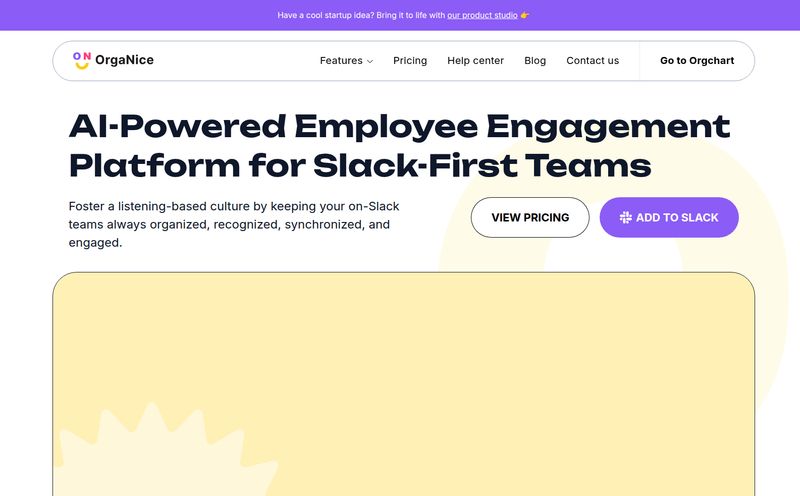In the world of SEO and digital trends, I see a million health apps pop up every year. Most of them are just glorified calorie counters with a slicker interface. They promise the world, you use them for a week, get tired of logging every single almond, and then they just… sit there on your phone, judging you. We’ve all been there.
But every now and then, something catches my eye. Something that feels a bit different. Recently, that something was January AI. It’s been making some noise, not as just another diet app, but as a tool to “optimize your metabolism.” Big words. As someone who spends their days analyzing trends, “AI” and “personalized health” are two of the biggest buzzwords out there. So, naturally, I had to see if it was legit or just more marketing fluff.
So, What Exactly is January AI? (And Why Should You Care?)
Think of it less like a food diary and more like a nutritional translator. At its core, January AI is an AI-powered health coaching app that focuses on one of the most misunderstood parts of our health: blood sugar. Or more specifically, your glucose response.
Now, if you're thinking, “Isn't that for diabetics?”—hold on. While it’s certainly relevant for them, understanding how food affects your blood sugar is a game-changer for everyone. Ever had that 2 PM energy slump after a “healthy” lunch? Or felt inexplicably hungry an hour after eating? Chances are, that was a blood sugar rollercoaster. January AI’s main claim to fame is that it can help you see that rollercoaster coming and make a different choice.
It’s not just about tracking what you ate. It's about predicting the biological impact of what you’re about to eat. It’s like having a tiny crystal ball for your metabolism. And in a world where one person's superfood is another's metabolic nightmare, that level of personalization is, frankly, pretty darn cool.
My First Impressions: The Good, The Bad, and The Techy
Diving in, the app feels clean. But the real test for me is always the food logging. This is where 99% of apps fail because it feels like a second job. January AI seems to get this. They throw a bunch of tech at the problem to make it as painless as possible.
Food Logging That Doesn't Feel Like a Chore
Here’s the thing, you can log your food in a few ways. There’s the standard search and barcode scanning, which works fine. You can also use your voice, which is a nice touch when your hands are covered in, you know, food. But the feature that made me sit up is the photo scan. You just snap a picture of your meal, and the AI tries to identify it. Is it perfect? No AI is. But it’s surprisingly accurate and way faster than typing “one cup of greek yogurt with a handful of blueberries and a drizzle of honey.” Plus, they boast a food database with over 54 million items, which means you’re more likely to find that obscure craft beer or specific brand of protein bar you love.
The “Crystal Ball” Feature: Predicting Glucose Spikes
This is the real magic trick. Once you’ve logged your food, January AI gives you a predicted glucose curve. It shows you how high your blood sugar is likely to spike and for how long. It’s one thing to know a bagel has a lot of carbs; it’s another thing entirely to see a graph that visually represents the energy crash you're setting yourself up for in 90 minutes.
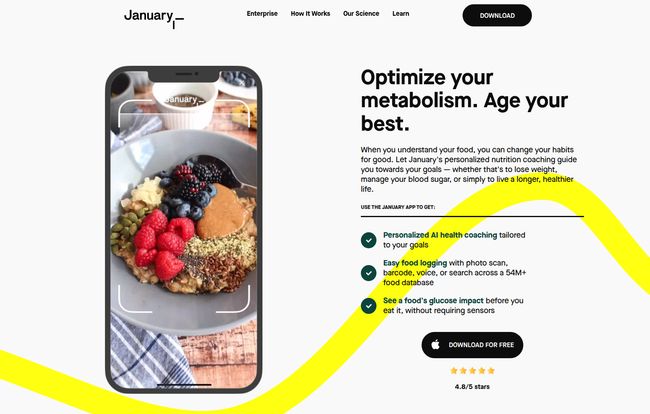
Visit January AI
This predictive ability shifts your entire mindset from reactive to proactive. Instead of looking back at your day and thinking, “Oh, that’s why I felt awful,” you can look at a potential meal and decide, “You know what? Maybe I’ll add some protein to that to flatten the curve.” It's a subtle but powerful change in behavior.
Who is January AI Really For?
I’ve been thinking about this a lot. It’s not for the person who wants a quick-fix, 7-day shred. This is a tool for the curious. It’s for:
- The Data Nerd & Biohacker: If you love seeing the metrics behind your body’s performance, this is your playground.
- The Energy Optimizer: Anyone tired of afternoon slumps or brain fog who wants to maintain stable energy levels throughout the day.
- The Pre-Diabetic (with a doctor's guidance!): For those looking to make meaningful lifestyle changes to manage their blood sugar proactively.
- The Person Tired of Generic Diets: If you've done Weight Watchers, Paleo, Keto, and everything in between and still feel lost, understanding your personal metabolic response could be the missing piece.
It's probably not for someone who can't be bothered to log their food consistently. The AI is smart, but it's not a mind reader. Its insights are only as good as the data you give it.
The Elephant in the Room: Let's Talk Pricing
Okay, so how much does this metabolic crystal ball cost? The button on the App Store says “Download for Free,” which is great. But in the app world, “free” is rarely ever completely free. It usually means a freemium model, where the basic features are free but the really juicy stuff is behind a subscription.
During my research, I tried to find a clear pricing page on their website, and you know what? I hit a 404. Page not found. Happens to the best of us, and it's a little reminder that even slick tech companies are run by humans. It does mean, however, that pricing info is a bit of a moving target. My best advice? Download the free version and explore. You'll find out pretty quickly if you need to upgrade to get the features you want. Check the app itself for the most current subscription costs.
The Potential Downsides: A Realistic Look
No review is complete without a bit of skepticism. As promising as January AI is, it's not a magic bullet. First, there's the consistency conundrum. Yes, logging is easier, but you still have to do it. If you're not willing to build that habit, the app's value drops dramatically.
More importantly, we need to talk about the medical disclaimer. The site and app are very clear that their claims have not been reviewed by the FDA. This is crucial. January AI is a wellness tool, not a medical device. Think of it as a G.P.S. for your nutrition, its great for guidance and direction, but it's not a surgeon. If you have a serious medical condition like Type 1 or Type 2 diabetes, this app should only be used in conversation with your healthcare provider, not as a replacement for them. Also, a quick note for my Android-using friends: as of my last check, there was still a waitlist for the Android version, so it seems to be iOS-first for now.
My Final Verdict: Is January AI Worth a Download?
So, after digging in, what’s the final word? I'm genuinely impressed. In a sea of me-too calorie counters, January AI is trying to solve a more interesting problem. It’s shifting the conversation from a simple “calories in, calories out” model to a much more nuanced understanding of our individual metabolic health.
The predictive glucose feature alone is worth the price of admission (which, to start, is free). It’s an educational tool that empowers you to make smarter, more personalized food choices. It’s not perfect, and it requires commitment, but for the right person, it could be a profoundly helpful tool for building a better relationship with food and a deeper understanding of your own body.
If you're even a little bit curious about how the food you eat is really affecting you, I’d say give it a shot. What have you got to lose? Except, maybe, that afternoon energy crash.
Frequently Asked Questions about January AI
- What is January AI in simple terms?
- It's a mobile app that acts as a personal nutrition coach. It uses AI to track what you eat and, most uniquely, predicts how different foods will impact your blood sugar levels, helping you optimize your energy and metabolic health.
- How much does January AI cost?
- The app is free to download and offers basic features. For more advanced coaching and insights, there is likely a subscription fee. It’s best to check the Apple App Store for the most current pricing on in-app purchases.
- Can January AI replace my doctor or a CGM?
- Absolutely not. January AI is a wellness tool for educational purposes, not a medical device. It's designed to provide insights but should not replace professional medical advice or devices like a Continuous Glucose Monitor (CGM) prescribed by a doctor. You should always consult a healthcare professional for medical conditions.
- What makes the food logging in January AI special?
- It offers multiple easy ways to log food, including voice commands, barcode scanning, and a feature that lets you log a meal just by taking a photo of it. This versatility is designed to make the tracking habit easier to stick with.
- Is January AI available for Android users?
- Currently, January AI appears to be primarily focused on iOS. Their website has mentioned an Android waitlist, so Android users may have to wait a bit longer to get access.
- Do I need a continuous glucose monitor (CGM) to use January AI?
- No, you don't. The app's main feature is its ability to predict your glucose response based on its AI model and vast food database. While it can likely sync with a CGM for even more precise data (like similar apps), a CGM is not required to get value from the app's predictive insights.
